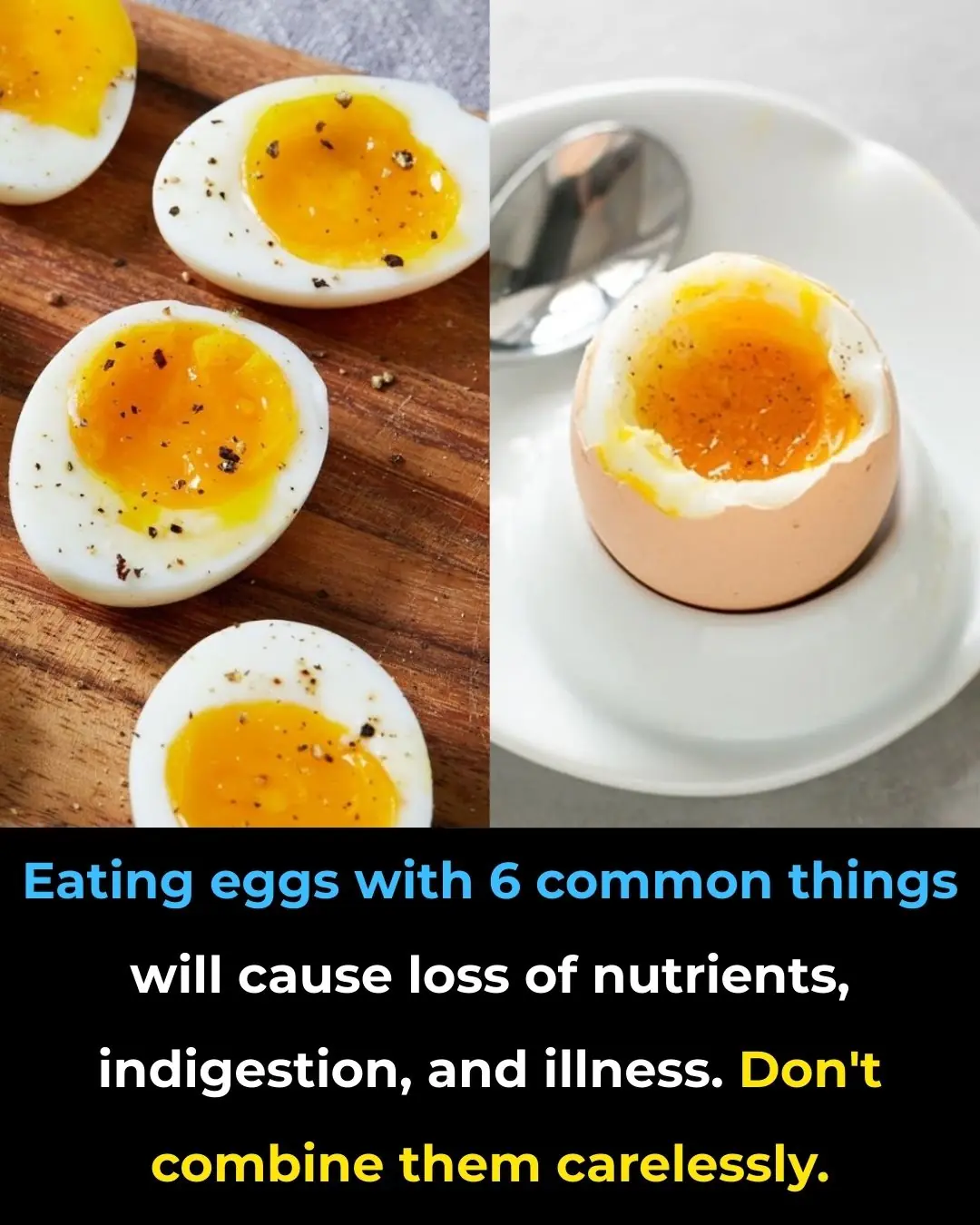
Early Signs of Liver Damage & How to Strengthen Your Liver
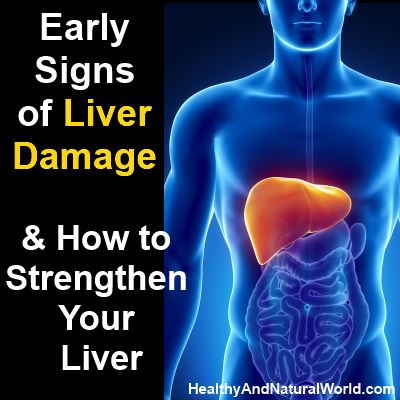
Your liver is one of the largest and most vital organs in your body. Located in the upper right side of your abdomen, just beneath your rib cage, it performs hundreds of essential tasks every day—many of which are crucial to your survival. That’s why protecting your liver and recognizing the early signs of liver damage is a critical part of staying healthy.
🧬 What Does the Liver Actually Do?
The liver functions as your body’s central processing and detoxifying unit. Everything you eat, drink, breathe, or absorb through your skin eventually reaches your liver. Here are some of its most important roles:
-
Produces bile, which helps digest and absorb fats
-
Removes toxins, including metabolic waste and environmental chemicals
-
Regulates hormones, including sex hormones and stress hormones
-
Builds proteins, including those essential for blood clotting
-
Supports metabolism, breaking down fats, carbs, and proteins
-
Stores nutrients like iron, copper, and certain vitamins
-
Filters the blood, removing byproducts and aiding immune function
Given its many functions, it's no surprise that your overall health is tightly connected to your liver’s performance. While the liver is the only organ that can regenerate itself, this ability has limits—if enough cells are damaged or lost, liver failure can occur.
⚠️ What Causes Liver Damage?
Liver problems often develop silently and gradually, sometimes over decades. The most common causes include:
-
Chronic alcohol consumption
-
Viral infections (especially hepatitis A, B, and C)
-
Malnutrition or extreme crash dieting
-
Overuse of medications, including some over-the-counter pain relievers and herbal supplements
-
Exposure to environmental toxins, like pesticides and industrial chemicals
-
Fatty liver disease—linked to obesity, high cholesterol, and diabetes
-
Genetic disorders, such as hemochromatosis (iron overload) or Wilson’s disease (copper overload)
-
Smoking, which increases your risk of liver cancer
-
Excess vitamin A, which can be toxic to the liver in high doses
-
Certain chemotherapy drugs, which can harm liver cells
Even seemingly harmless lifestyle choices—like inactivity, poor diet, or excessive vitamin supplements—can place strain on your liver over time.
🔍 Early Warning Signs of Liver Damage
Because the liver can silently deteriorate for years without noticeable symptoms, being aware of the early warning signs is vital:
1. Pain in the Upper Right Abdomen
-
Discomfort or a dull ache just below your right ribcage can indicate liver inflammation or swelling.
2. Fatigue, Weakness, or Confusion
-
Constant tiredness, brain fog, or confusion (especially when paired with other symptoms) may suggest liver-related metabolic imbalances.
3. Digestive Changes
-
Frequent diarrhea, constipation, pale-colored stool, or blood in the stool may indicate liver or bile duct issues.
4. Persistent Itching
-
Caused by bile salts building up under the skin when bile flow is impaired. It may feel worse at night.
5. Jaundice
-
Yellowing of the skin or eyes due to bilirubin buildup. This is a key sign of advanced liver dysfunction.
6. Dark Yellow Urine
-
Despite adequate hydration, dark urine can indicate excess bilirubin from liver damage.
7. Nausea and Vomiting
-
Digestive upset caused by the liver’s inability to manage toxins and bile properly.
8. Loss of Appetite and Weight Loss
-
A reduced desire to eat can lead to significant and unintended weight loss over time.
9. Swollen Abdomen or Legs
-
A condition known as ascites can cause belly swelling, while edema may lead to swelling in the ankles and legs.
10. Easy Bruising and Bleeding
-
Due to decreased production of clotting proteins made by the liver.
11. Hormonal Imbalance
-
Men may develop enlarged breasts (gynecomastia), while women might experience irregular periods or reduced libido.
12. Blood Test Clues
-
Bloodwork showing normal RDW but elevated MCV (mean corpuscular volume) may suggest liver dysfunction, particularly alcohol-related damage.
13. Severe Symptoms (in advanced cases)
-
Fluid in the brain, kidney failure, or confusion may signal acute liver failure, a life-threatening emergency.
👩⚕️ When to See a Doctor
Seek medical help immediately if you experience:
-
Persistent fatigue, unexplained weight loss, or loss of appetite
-
Jaundice, abdominal pain, vomiting, or mental confusion
-
Any of the above symptoms lasting more than a few days
Remember: Early detection of liver disease can prevent permanent damage and improve recovery outcomes.
🛡️ How to Support and Strengthen Your Liver
Your liver is resilient—but it needs your help to stay that way. By making thoughtful lifestyle choices, you can prevent damage and even reverse early-stage liver dysfunction. Here’s how:
✅ 1. Limit or Eliminate Alcohol
-
The number one cause of liver damage is excessive alcohol consumption. Cutting back—or quitting entirely—gives your liver a chance to heal.
✅ 2. Cut Down on Caffeine (but don’t eliminate it)
-
While caffeine in excess can burden the liver, moderate coffee intake has been shown to support liver health, particularly in reducing fatty liver risk.
✅ 3. Stop Smoking
-
Smoking adds toxic chemicals to the bloodstream that the liver must filter out—this increases liver strain and cancer risk.
✅ 4. Stay Hydrated
-
Drinking plenty of water helps your liver flush out toxins more effectively.
✅ 5. Drink Lemon Water
-
Fresh lemon juice stimulates bile production and can assist in digestion and detoxification.
✅ 6. Choose Liver-Friendly Drinks
-
Herbal teas (especially green tea) and natural fruit juices provide antioxidants that support liver function and reduce fat accumulation.
✅ 7. Eat More Berries
-
Blueberries, strawberries, raspberries, and blackberries are rich in organic acids and antioxidants that lower blood sugar and support liver repair.
✅ 8. Maintain a Healthy Weight
-
Fatty liver is closely tied to obesity. Engage in regular physical activity and adopt nutrient-rich, whole food diets to maintain a healthy weight.
✅ 9. Avoid Processed and Fatty Foods
-
Ditch junk food, sugary drinks, and processed meats. Instead, focus on:
-
Dark leafy greens (spinach, kale, arugula)
-
Beets, whole grains, seeds, nuts
-
Cruciferous vegetables like broccoli and Brussels sprouts
-
✅ 10. Eat Garlic Regularly
-
Garlic enhances liver detox enzymes and helps flush toxins from the body. It also contains selenium, a mineral important for liver health.
✅ 11. Monitor Medication Use
-
Always follow dosage guidelines and avoid combining drugs without doctor approval. Even supplements and herbal remedies can be toxic in excess.
✅ 12. Manage Chronic Conditions
-
Diabetes, high cholesterol, and high blood pressure are all linked to liver disease. Regular check-ups and proper medication management are essential.
✅ 13. Practice Safe Hygiene
-
Wash hands, drink clean water, and be cautious with food prep to prevent viral hepatitis infections.
✅ 14. Use Liver-Supportive Herbs
-
Herbs like milk thistle, dandelion root, and turmeric may help cleanse and protect the liver. Consult a qualified herbalist or healthcare provider for proper use.
🧘♀️ Final Thoughts: Your Liver Deserves Attention
Your liver works 24/7 to keep your body healthy—but it can't do the job alone. Whether you're looking to prevent liver disease or support your liver's regeneration, small, consistent steps can have a big impact on your long-term well-being.
Taking care of your liver isn’t just about avoiding what harms it—it’s about fueling it with what supports it.
News in the same category

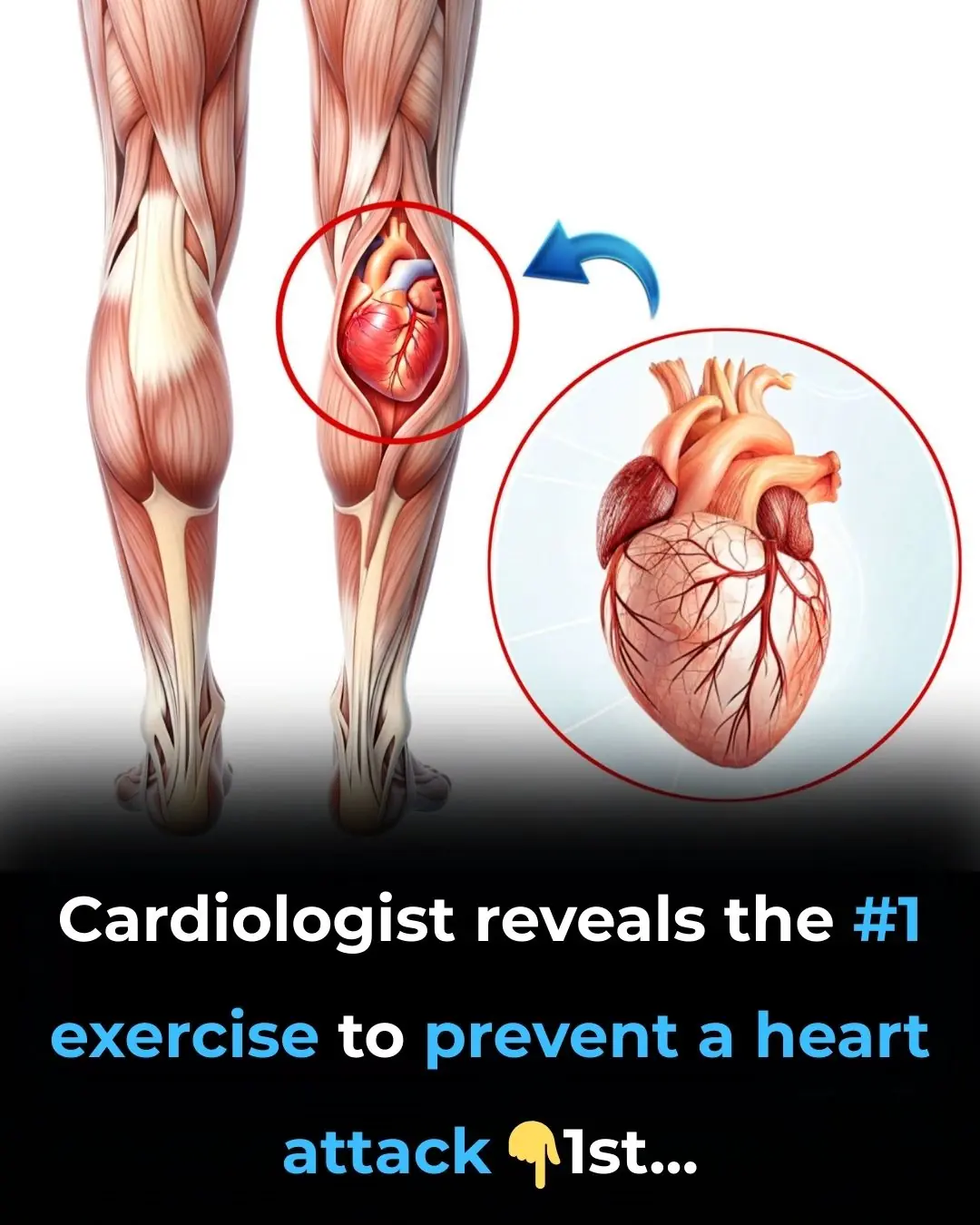
Cardiologist Reveals the #1 Exercise to Prevent a Heart Attack
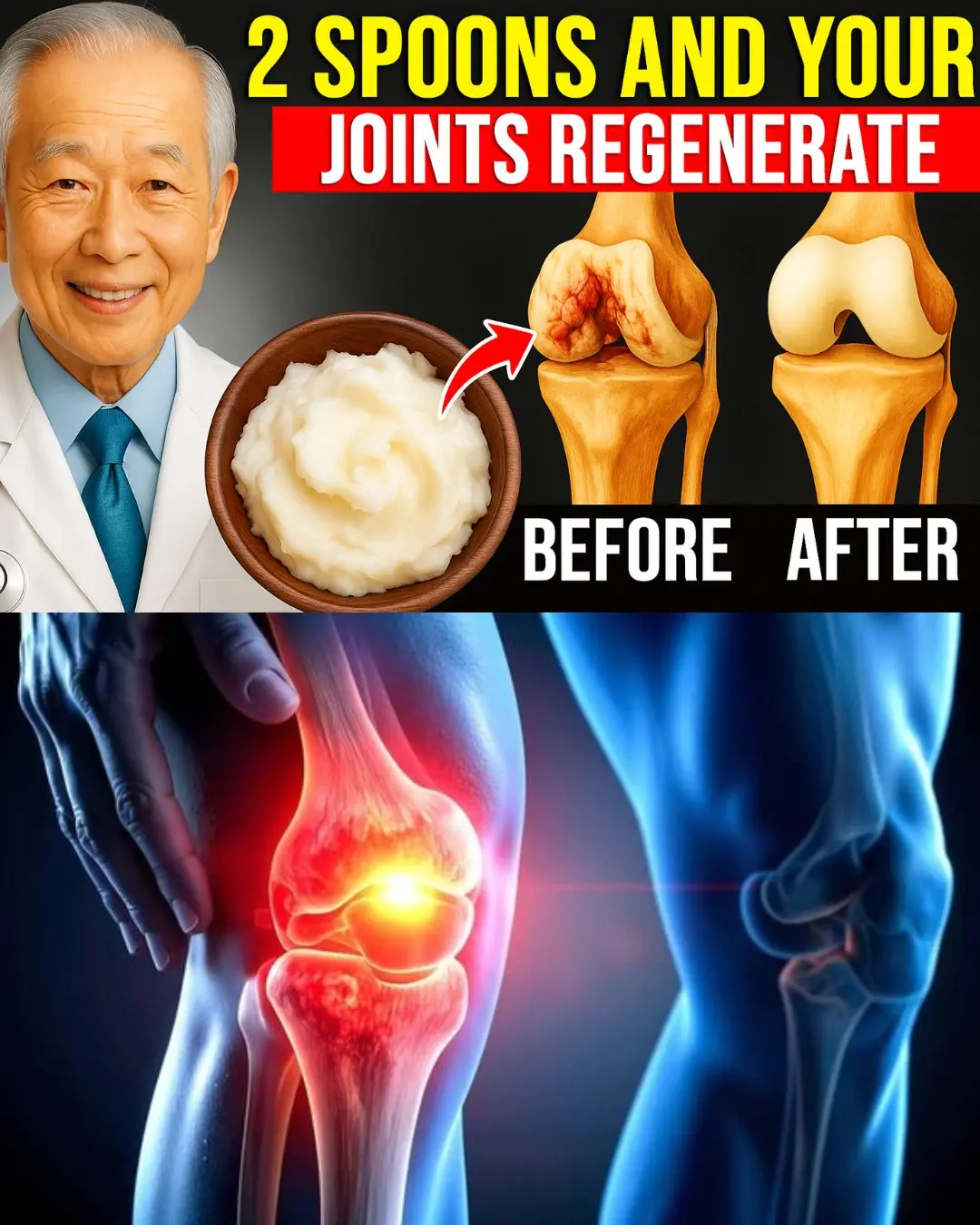
Boost knee cartilage with this simple but powerful drink

Woman Experiences Intense Leg Pain, Discovers She Has a Rare Ancient Disease Once Called ‘Holy Fire’

Nighttime Habits That Increase Your Risk of Stroke
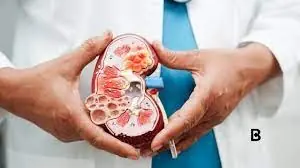
4 Signs Your Kidneys Might Be in Serious Trouble
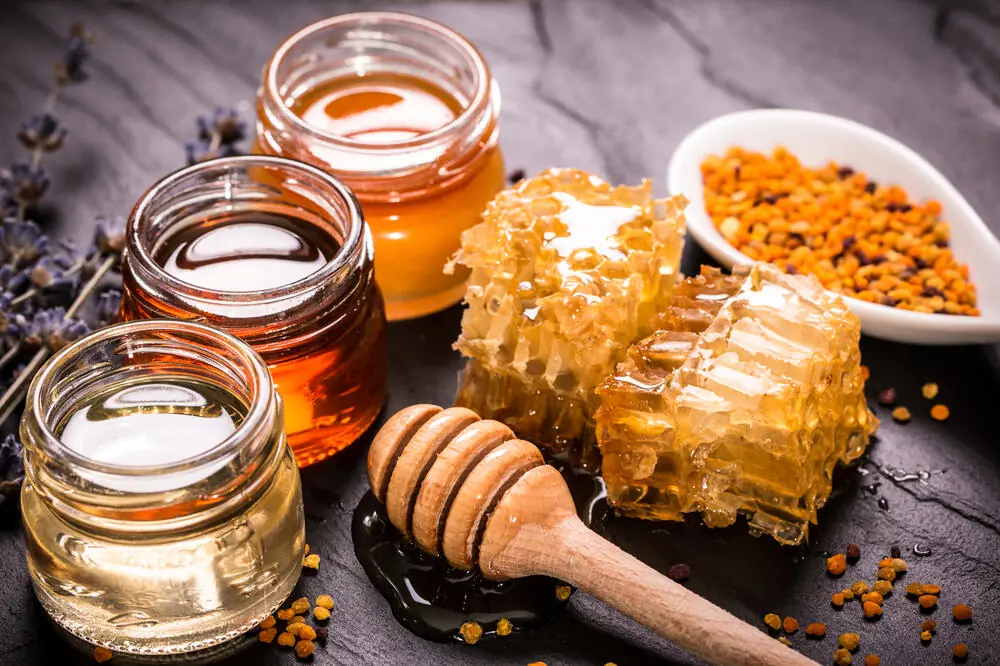
The Potent Remedy: Turmeric and Honey as a Natural Antibiotic
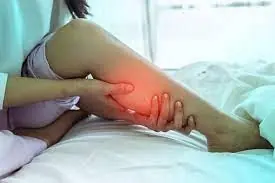
If Your Legs Cramp at Night, You Need to Know This Immediately!

Why You Should Always Close Your Bedroom Door Before Going to Sleep
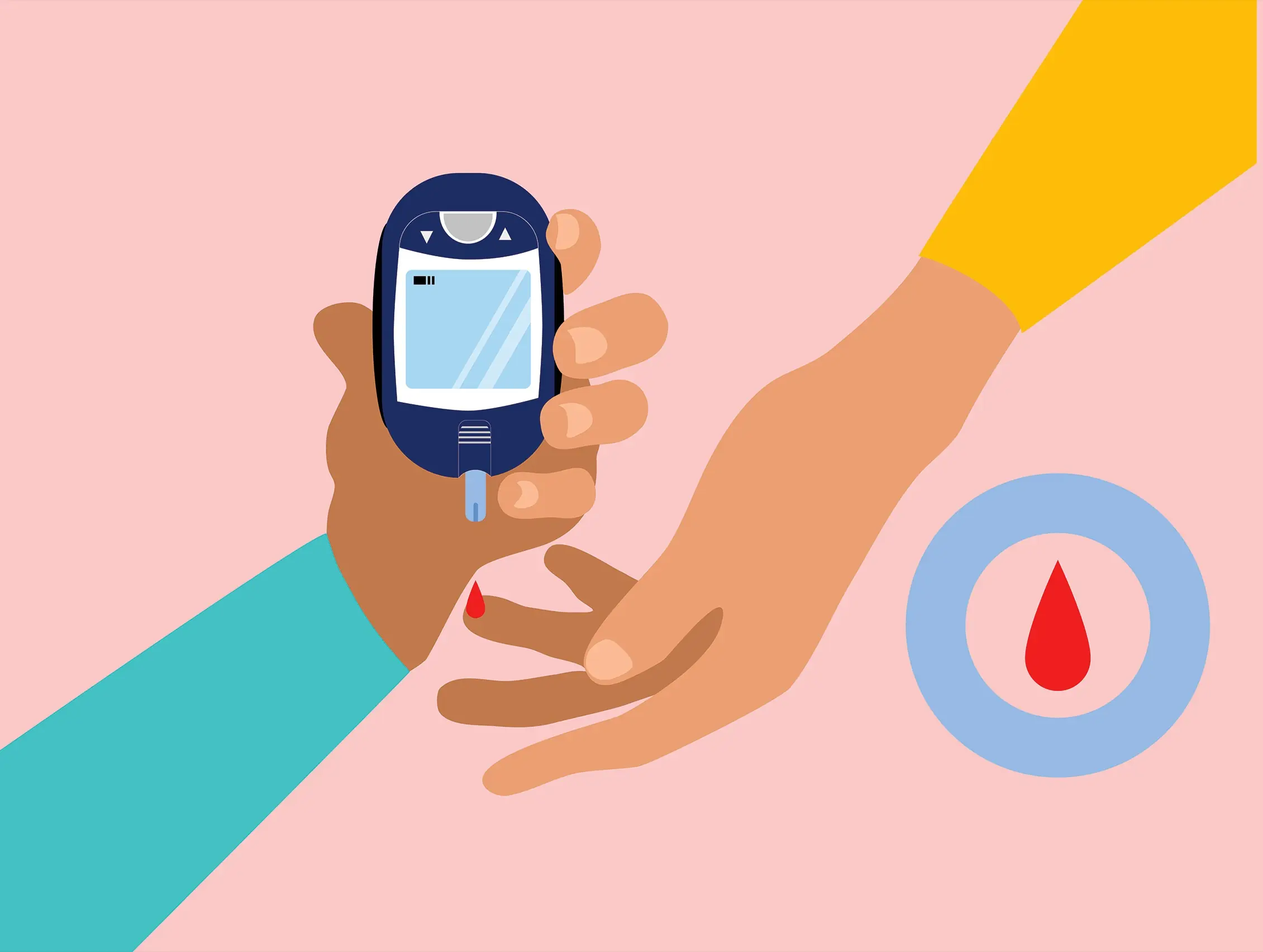
The FIRST Sign of HIGH BLOOD SUGAR Is…

The Shocking Effects of Sleeping Less Than 7 Hours
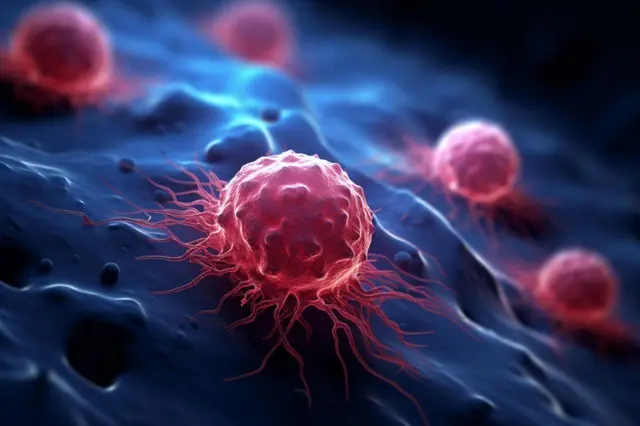
Scientists Have Discovered a “Kill Switch” in The Body That Can Destroy Any Cancer Cell

Snoring Isn't Just Annoying: It Could Be a Serious Health Warning
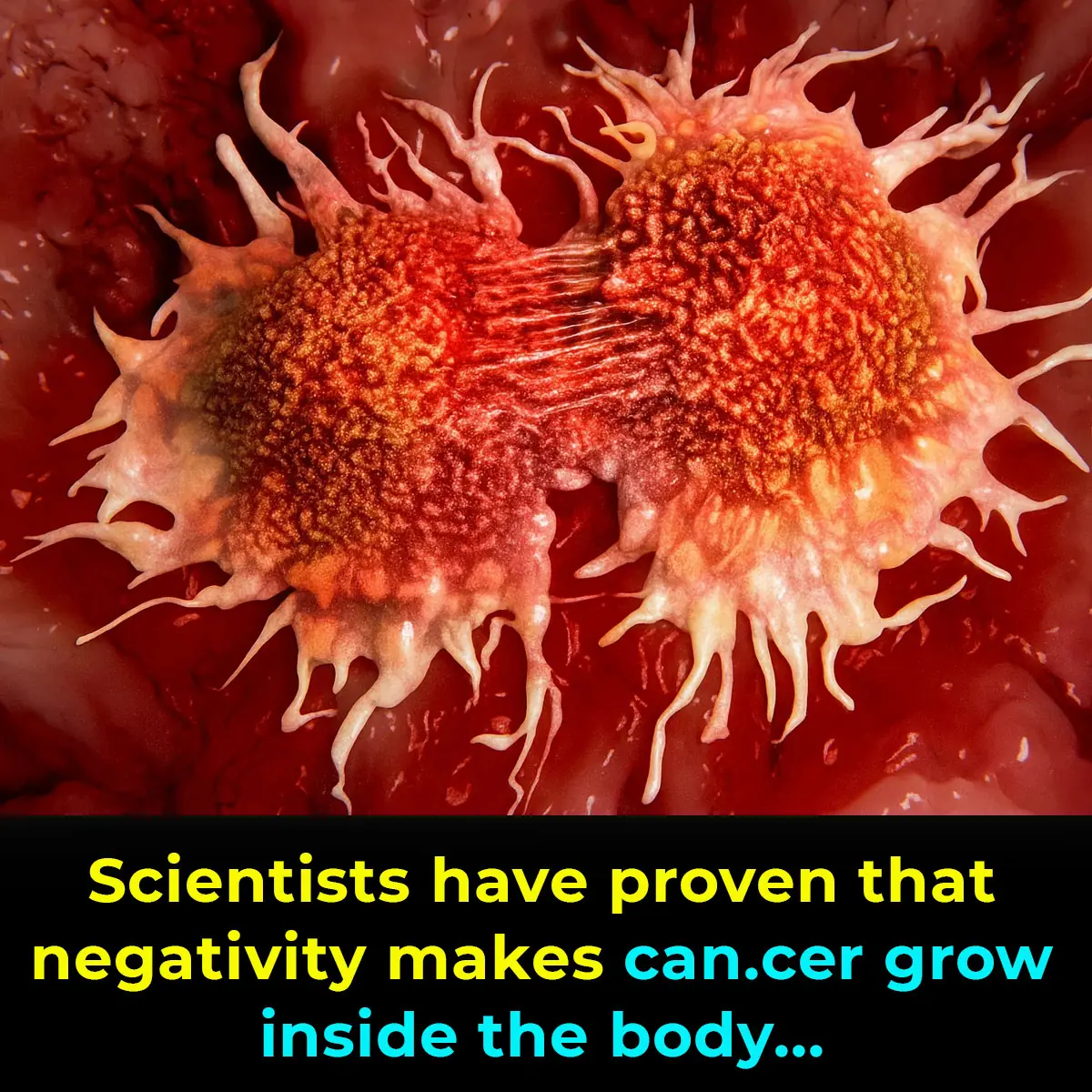
Scientists Have Proven That Negativity Makes Cancer Grow Inside The Body
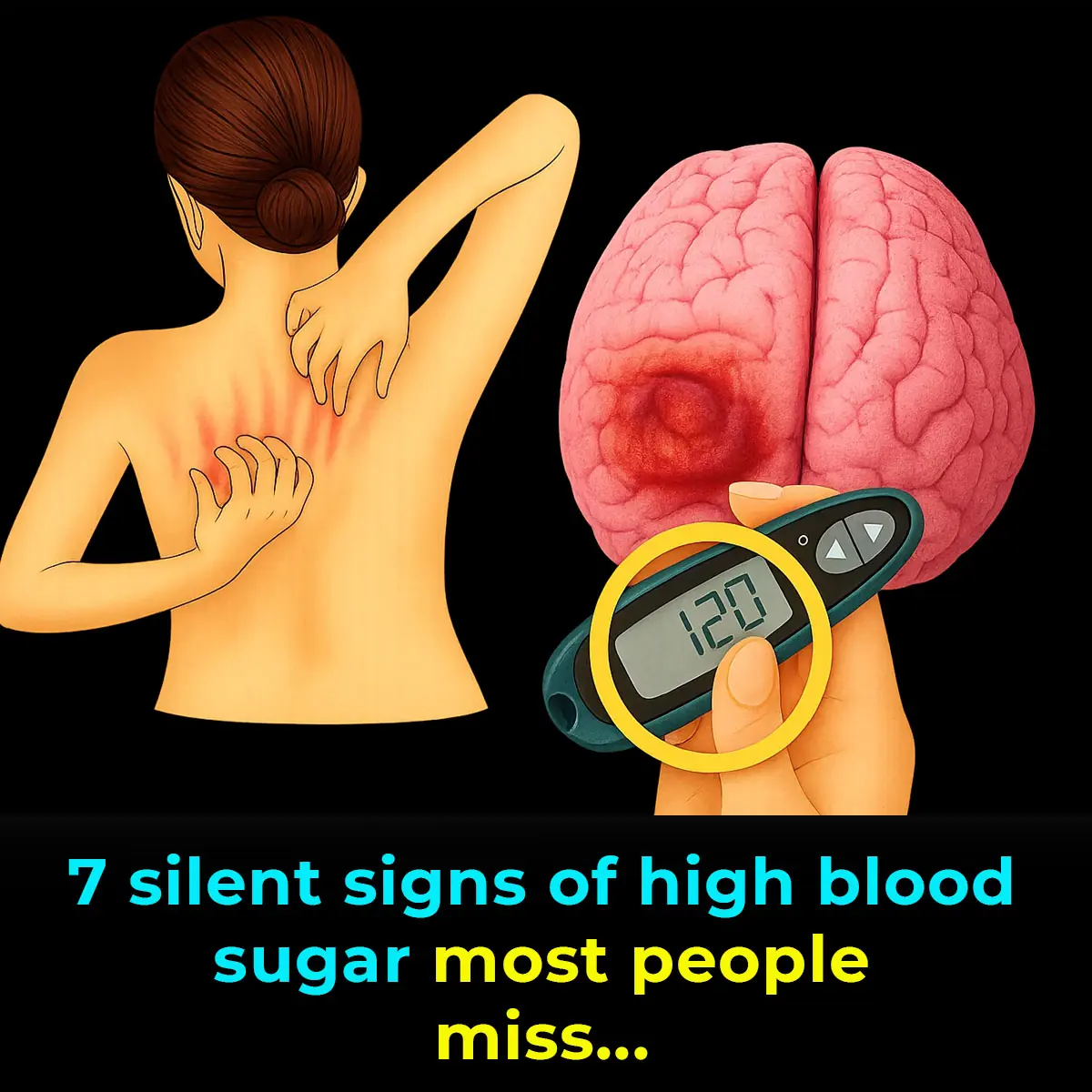
7 silent signs of high blood sugar most people miss
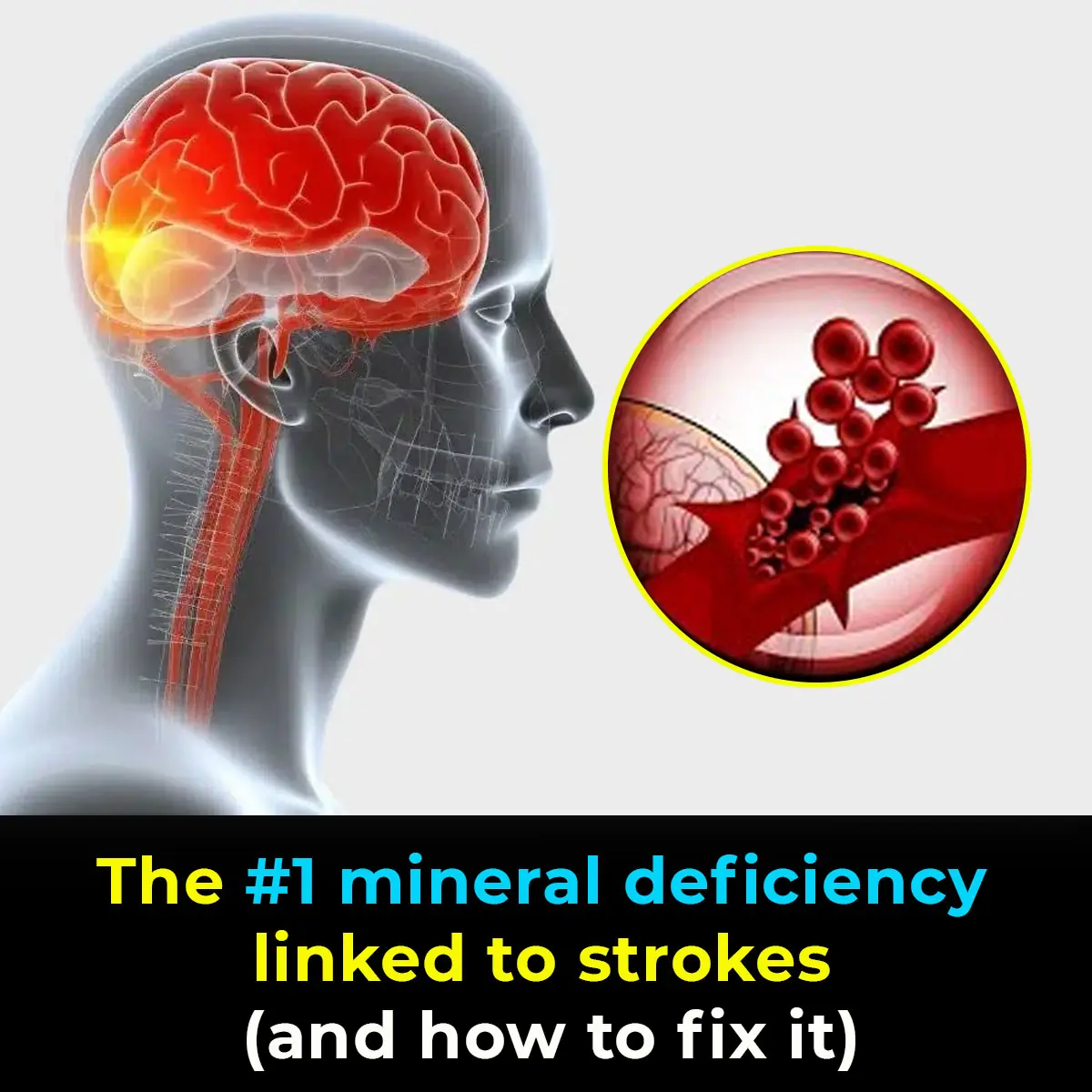
The #1 mineral deficiency linked to strokes (and how to fix it)
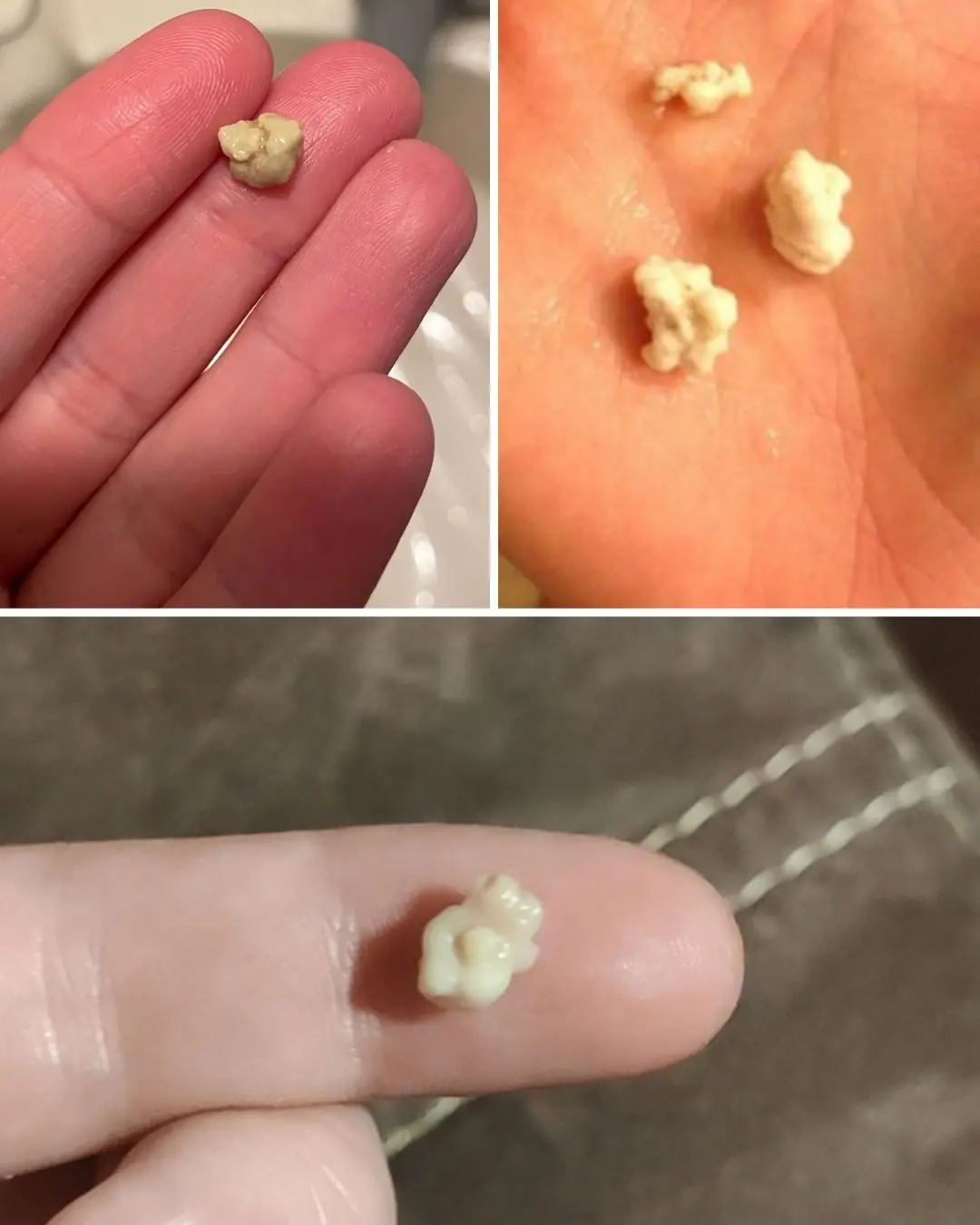
Tonsil Stones: Causes, Symptoms, and Natural Remedies
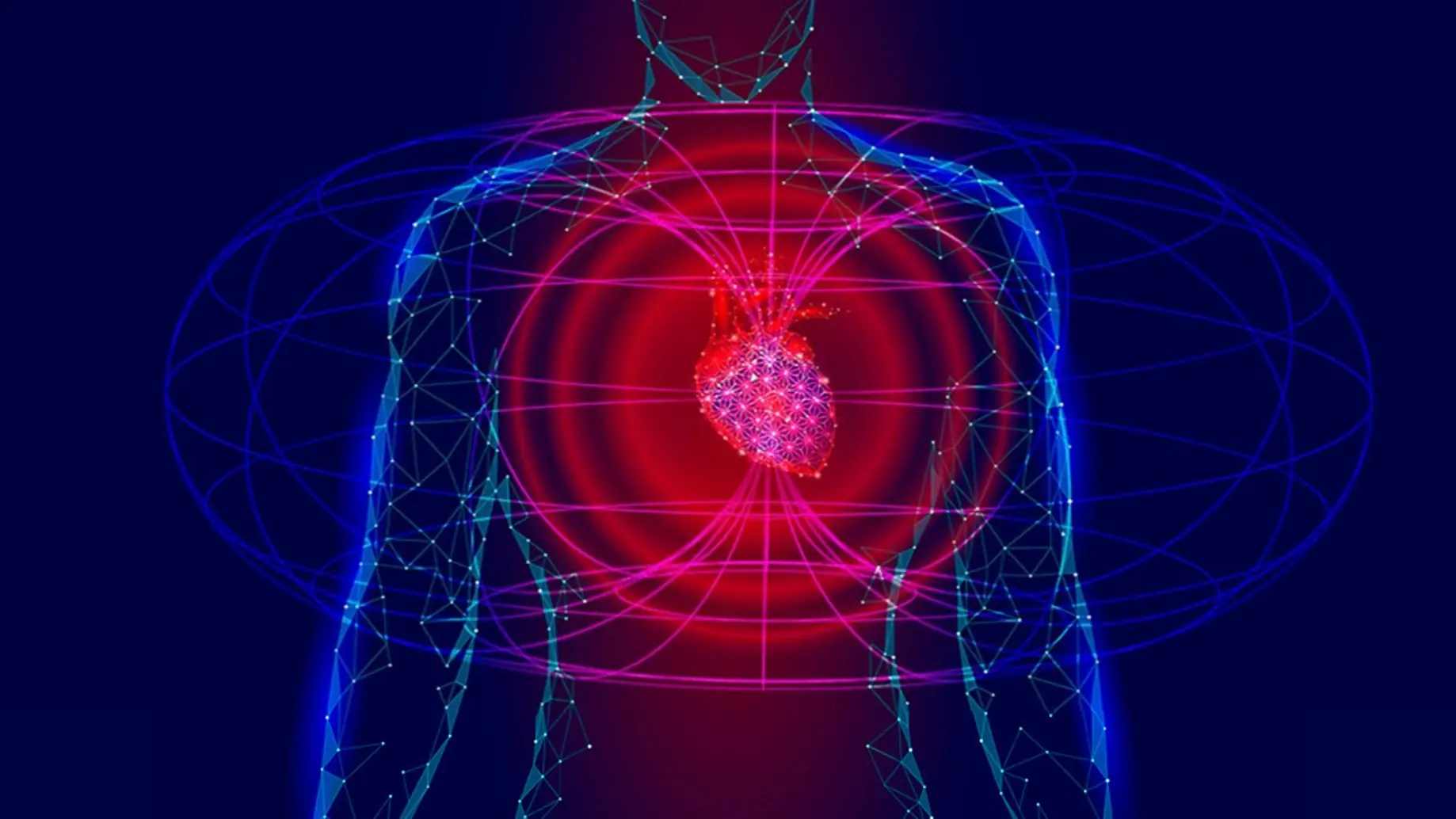
Your Heart Emits a Magnetic Field 100x Stronger Than Your Brain – And It Can Be Detected 3 Feet Beyond Your Body

How Your Body Secretly Tells You You're Stressed
News Post

There’s a “Hidden Switch” on Your Water Heater: Using It Properly Can Make It Last Over 10 Years

There’s a Hidden Button on Your Air Conditioner Remote: Turning It On Can Cut Your Monthly Electricity Bill in Half — Don’t Miss Out If You Don’t Know!

Simple T-Shirt Image Is Driving the Internet Crazy

Great hacks every family needs

6 Foods You Shouldn’t Eat With Eggs

Cardiologist Reveals the #1 Exercise to Prevent a Heart Attack

Boost knee cartilage with this simple but powerful drink

A small but effective tip
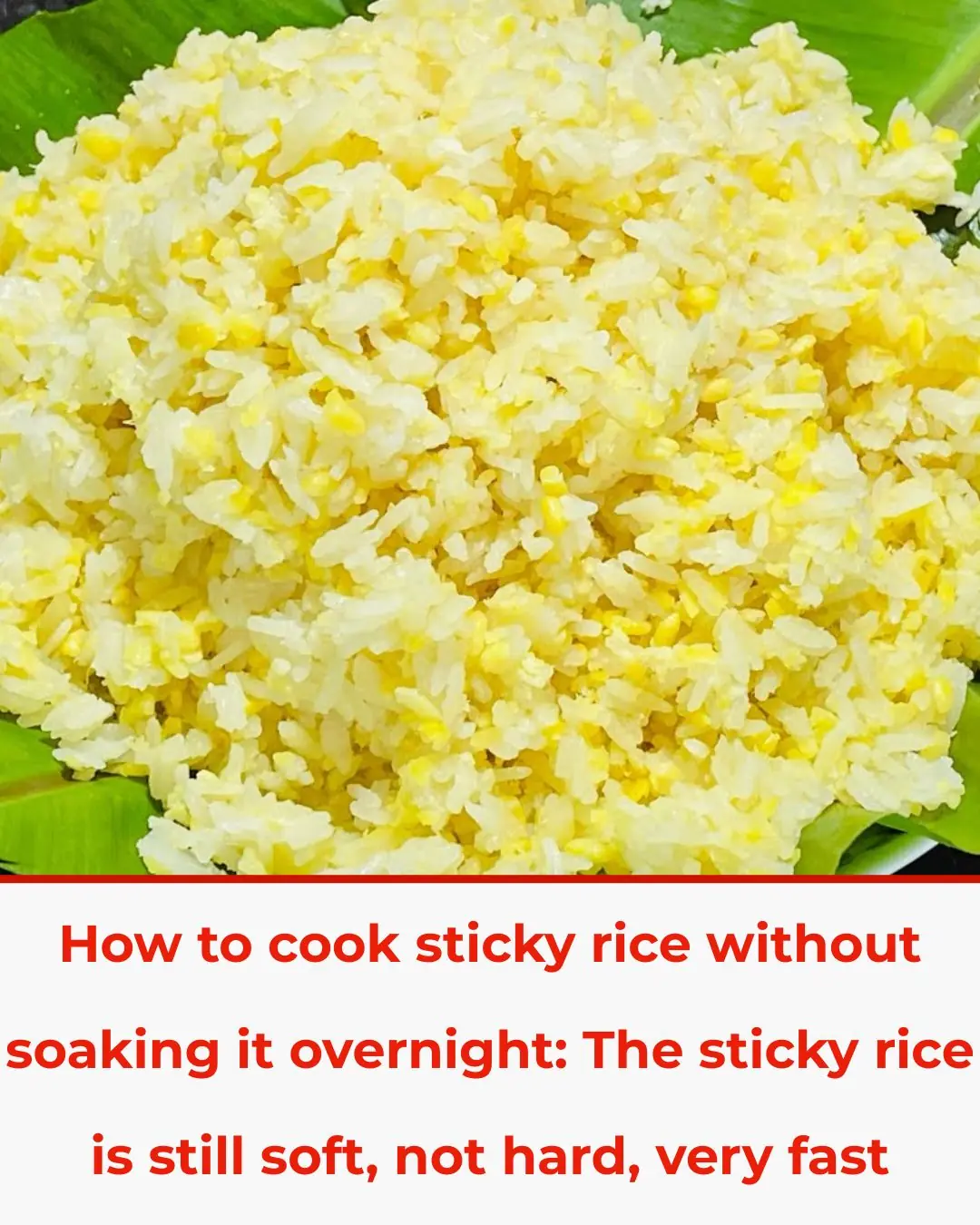
How to Cook Sticky Rice Without Soaking Overnight: Soft, Chewy, and Super Fast
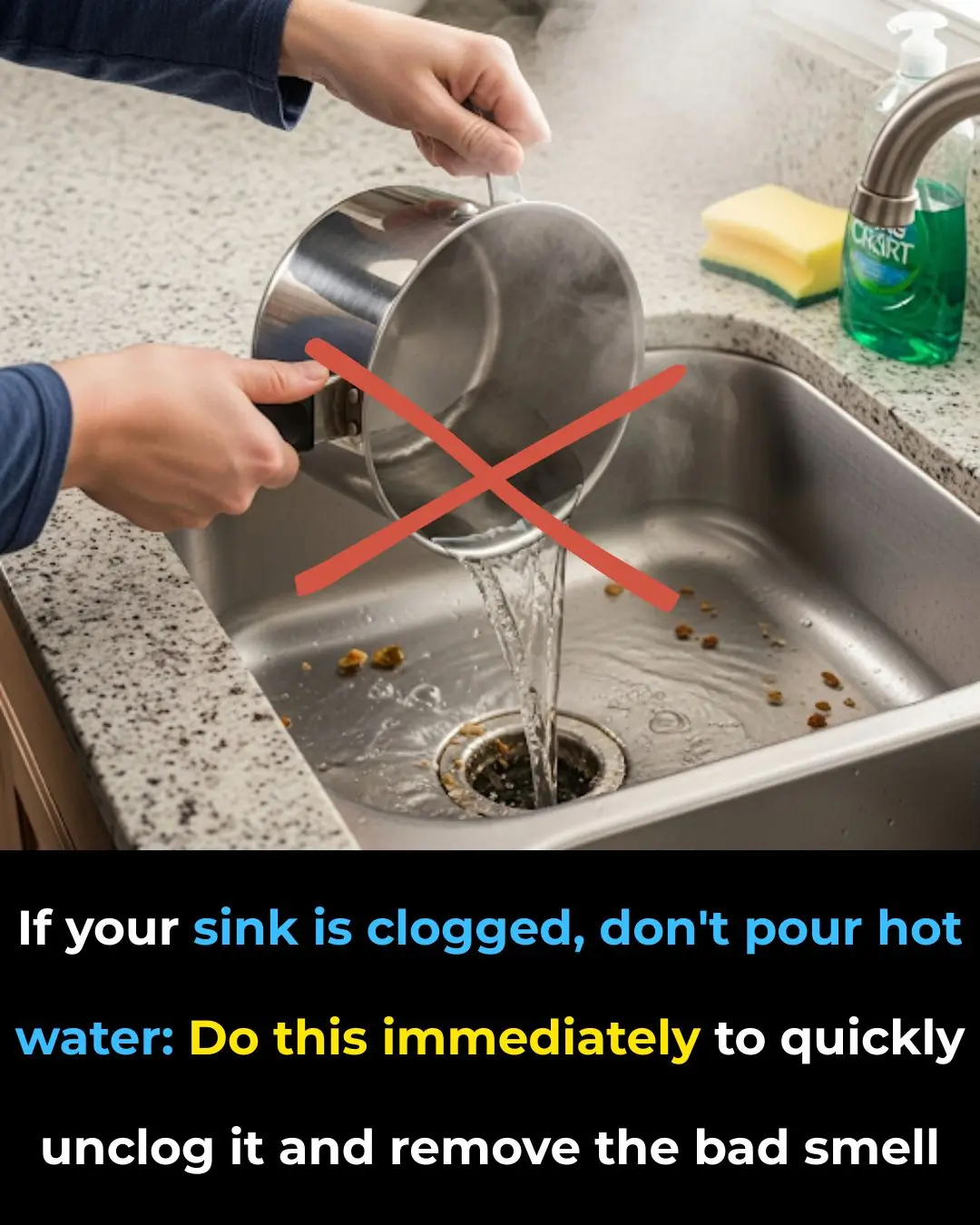
How to Unclog a Sink Drain Without Calling a Plumber

Expiring Food: Should You Buy It or Not? The Answer Might Be the Opposite of What You Think
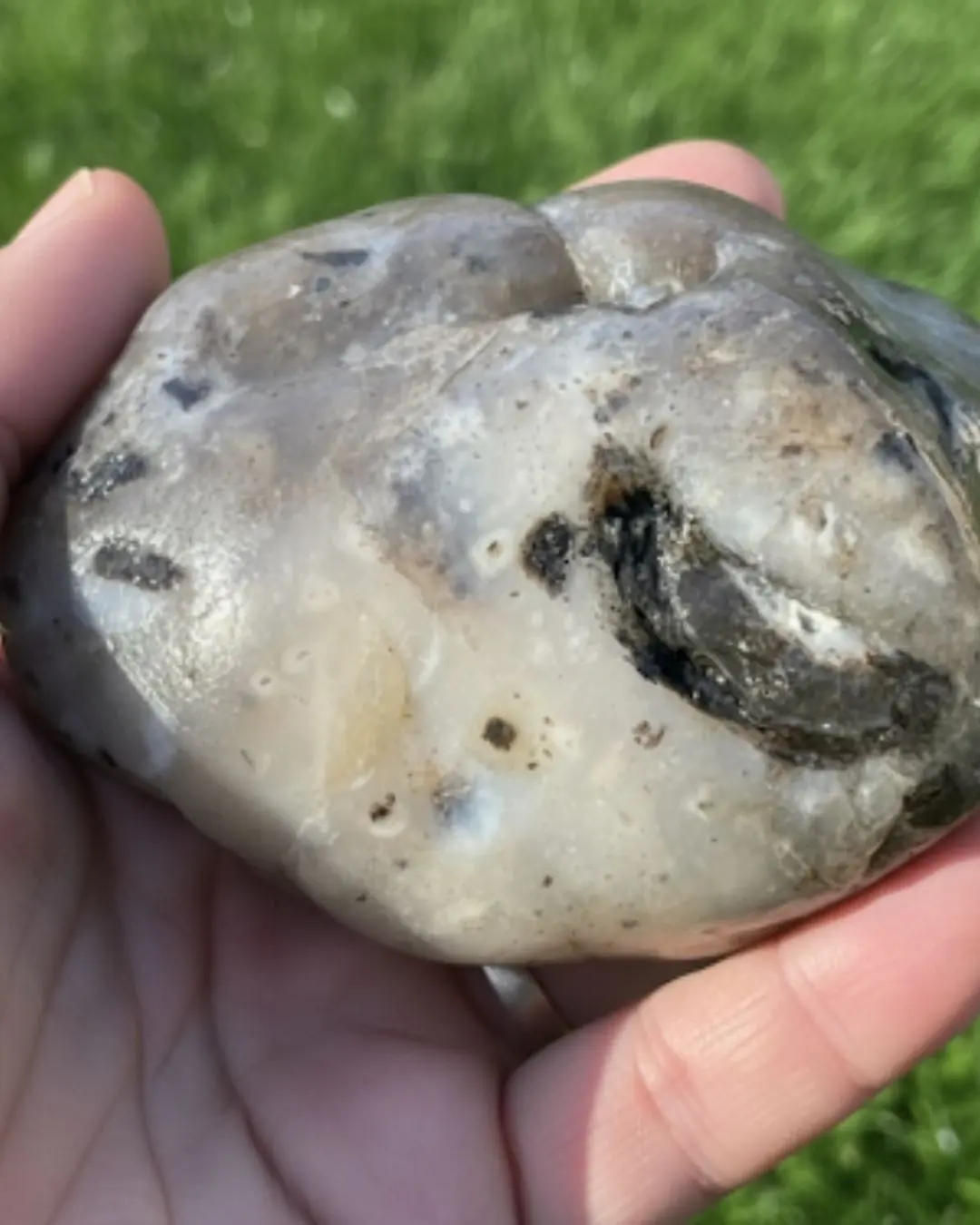
Couple’s Walk Leads to a Rare $70,000 Ambergris

Woman Experiences Intense Leg Pain, Discovers She Has a Rare Ancient Disease Once Called ‘Holy Fire’

Homemade Baking Soda Cream: Say Goodbye to Wrinkles and Dark Spots
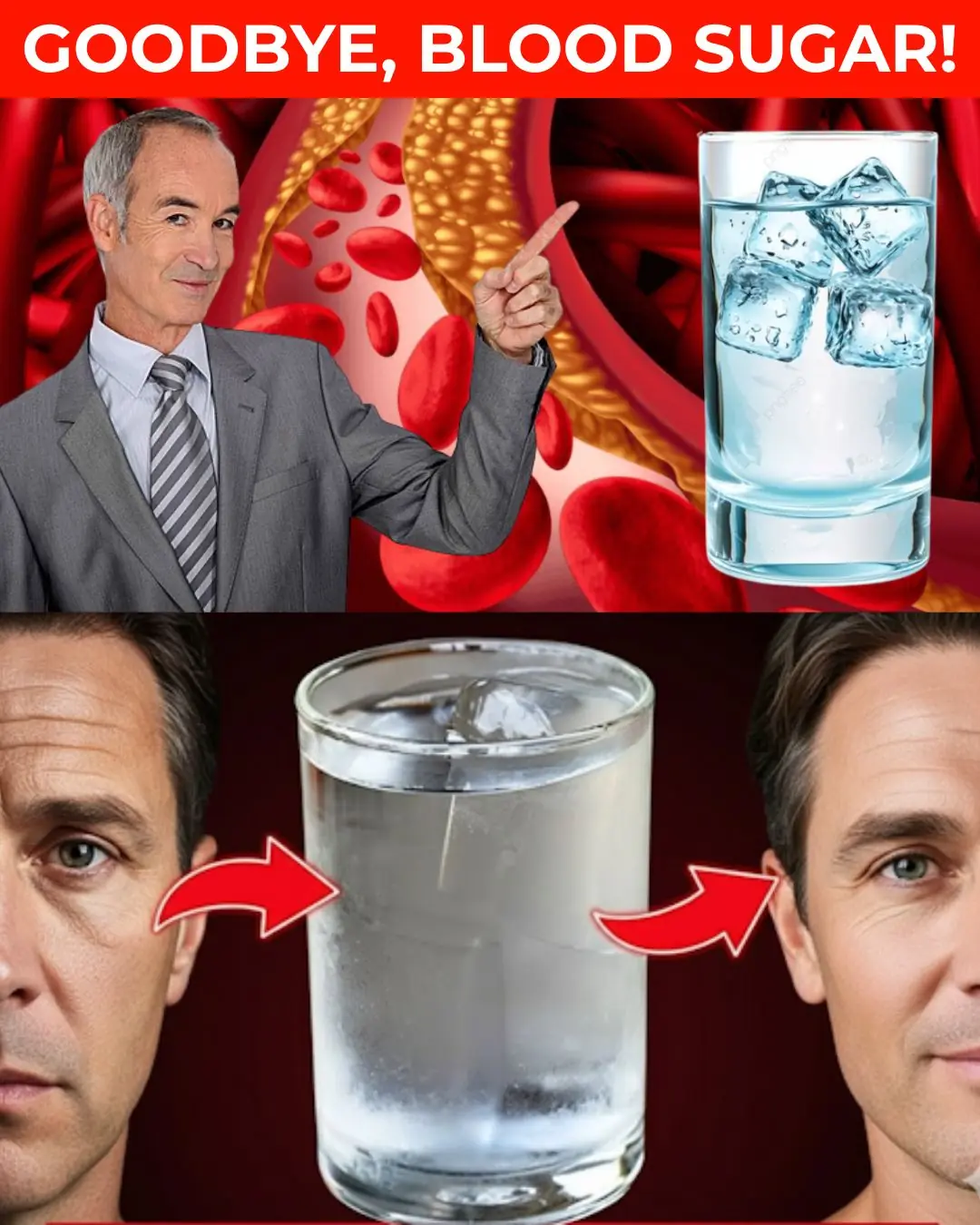
Goodbye, Blood Sugar! A Simple Natural Drink That Helps Balance Glucose Levels

Tomato Benefits for Skin – Rub Tomato Slice on Face

Science Reveals How This Physical Trait May Indicate Narcissism

Nighttime Habits That Increase Your Risk of Stroke
